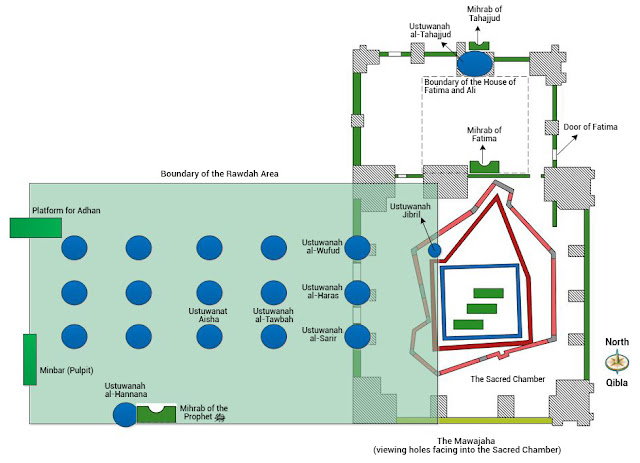Time management in islam
1. Time as a Trust
-
The Quran mentions:
“By time, indeed, mankind is in loss, except for those who believe and do righteous deeds…” (Surah Al-Asr 103:1-3)
-
This shows that time is a blessing, and wasting it leads to loss unless used in beneficial actions.
2. Balance Between Deen and Dunya
-
Islam encourages Muslims to balance spiritual life (prayers, Quran recitation, remembrance of Allah) with worldly responsibilities (work, family, education).
-
Effective time management helps fulfill both without neglecting either.
3. Prioritization of Tasks
-
Prophet Muhammad ﷺ said:
“The two feet of the son of Adam will not move on the Day of Judgment until he is asked about four things: his life and how he spent it, his youth and how he used it…” (Tirmidhi)
-
This teaches us to prioritize important tasks, focusing on actions that have lasting benefits in this life and the Hereafter.
4. Planning and Discipline
-
Islam encourages planning: starting the day with Fajr prayer, allocating time for work, worship, and rest.
-
Discipline in daily routines prevents procrastination and promotes productivity.
5. Avoiding Wasting Time
-
Idle gossip, excessive entertainment, or laziness is discouraged.
-
Time should be spent on beneficial knowledge, helping others, earning halal income, and self-improvement.
6. Seeking Barakah in Time
-
Barakah (blessing) in time comes from:
-
Early rising (Sunnah of Fajr)
-
Consistency in worship and work
-
Avoiding unnecessary delays
-
-
A small amount of productive time done with sincerity can be more valuable than hours wasted.
Practical Steps for an Islamic Approach to Time Management:
-
Set daily goals aligned with religious and worldly duties.
-
Perform obligatory acts on time (Salah, fasting, charity).
-
Use morning hours wisely — Prophet ﷺ emphasized early work.
-
Review your day before sleeping, reflecting on accomplishments and improvements.
-
Avoid distractions that do not benefit your faith, family, or career.
.jpeg)







.jpeg)